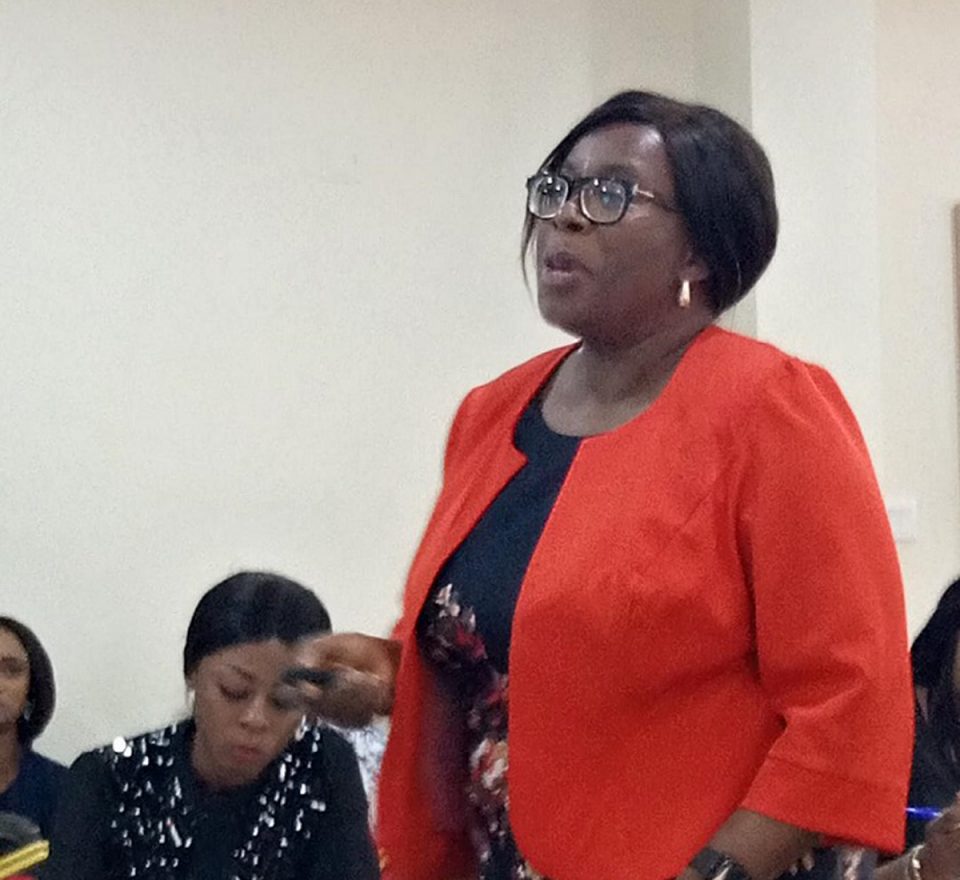The 2018 Nigeria Demographic and Health Survey (NDHS) has revealed that only 31 per cent of children age 12-23 have received basic vaccination in Nigeria.
Mrs Maureen Zubie-Okolo. Monitoring and Evaluation Specialist, said this in Port-Harcourt on Thursday at the Media Dialogue for Editors and Reporters on Data-Driven Reporting and Dissemination of NDHS 2019 Result.
The dialogue was organised by the Child Rights Information Bureau (CRIB) of the Federal Ministry of Information and Culture in conjunction with United Nations Children Education Fund (UNICEF).
Zubie-Okolo said that immunisation coverage was one of the indicators used to monitor progress towards reduction in child morbidity and mortality as it was one of the most cost-effective public health intervention.
According to her, vaccination coverage in Nigeria has improved over the past 10 years.
She said that the objective of the NDHS was to provide estimates on fertility levels, marriage, sexual activity, family planning, breastfeeding practices and nutrition.
Others she said were childhood and maternal mortality, maternal and child health, malaria, domestic violence, disability, and female genital mutilation.
”This information is essential for programme managers and policymakers to evaluate and design programmes and strategies for improving the health of Nigerians,” she said.
Zubie-Okolo said that the main objective of the NDHS was to provide estimates on fertility levels, marriage, sexual activity, family planning, breastfeeding practices, nutrition, childhood and maternal mortality.
Maternal and child health, malaria, domestic violence, disability, and female genital mutilation.
She said that the latest NDHS (2018) was the sixth one in Nigeria since 1990 as part of the Demographic Health Survey programme.
According to her, the sample design for the 2018 NDHS is to provide estimates at the national level, for six zones, for 36 states, the Federal Capital Territory (FCT), and for urban and rural dwellers.
She, however, said that while those trends showed improvement they still fell short of Sustainable Development Goals three for which the target was for more than 90 per cent coverage of all basic vaccination among children age 12 to 23 months.
In his opening remarks, Mr Olumide Osanyinpeju, Deputy Director and Head Child Rights Information Bureau, Federal Ministry of Information and Culture said that data collection and dissemination were essential elements to both policy making and evaluation function.
Osanyinpeju said that the focus of the workshop was on evidence generation and the dissemination of such evidences for replication and up scaling by governments at all levels.
He said that there was need to use data figures accurately in the advocacy reports of development partners like UNICEF and other agencies
He said it was paramount to the government to guard against contentious issues.
”Collecting quality data is necessary, but not sufficient; Data must also be disseminated in a user- friendly way to ensure that they are understood and used.
”Data also inform policy decisions, enhance advocacy and public awareness on priority development issues.




